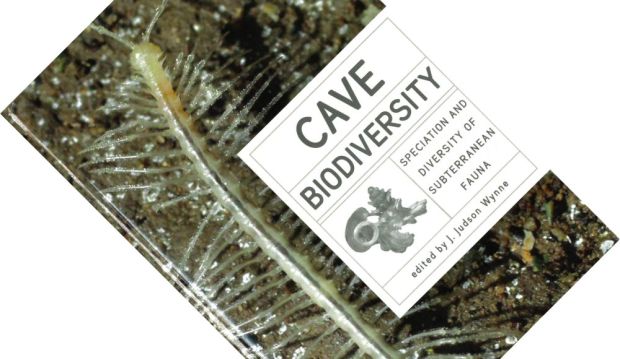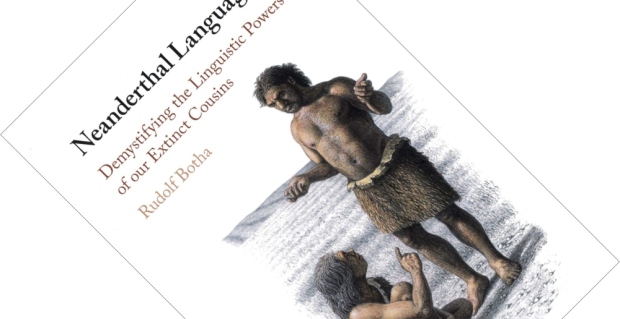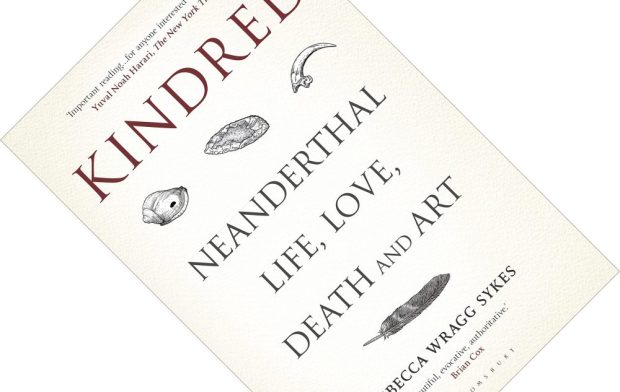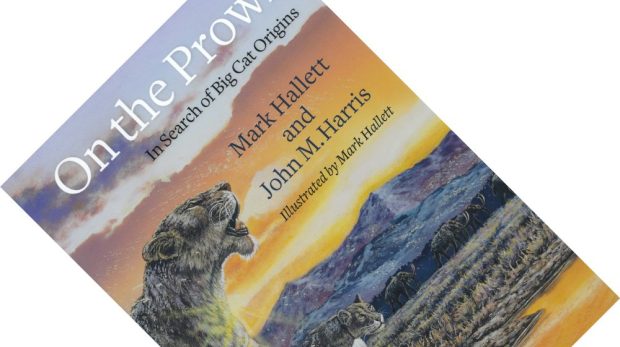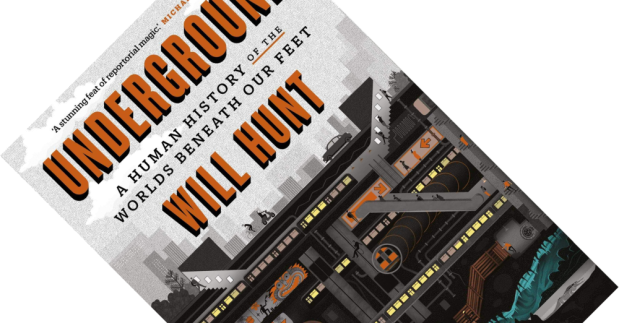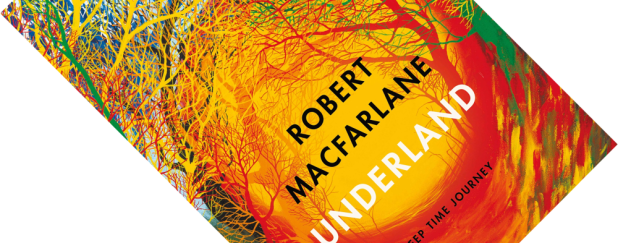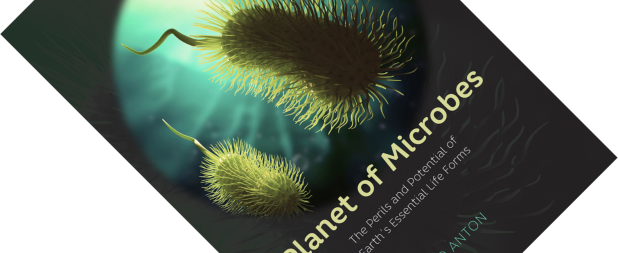8-minute read
keywords: biodiversity, ecology, evolutionary biology
The deep sea is often mentioned as one of the last remaining unexplored areas on the planet, but there is another, closely related world: the subterranean realm of caves. Edited by cave ecologist J. Judson Wynne, Cave Biodiversity brings together fifteen experts in biospeleology to discuss several notable invertebrate and vertebrate groups. A scholarly yet readable overview, this is a welcome addition to the small number of books on this topic.

